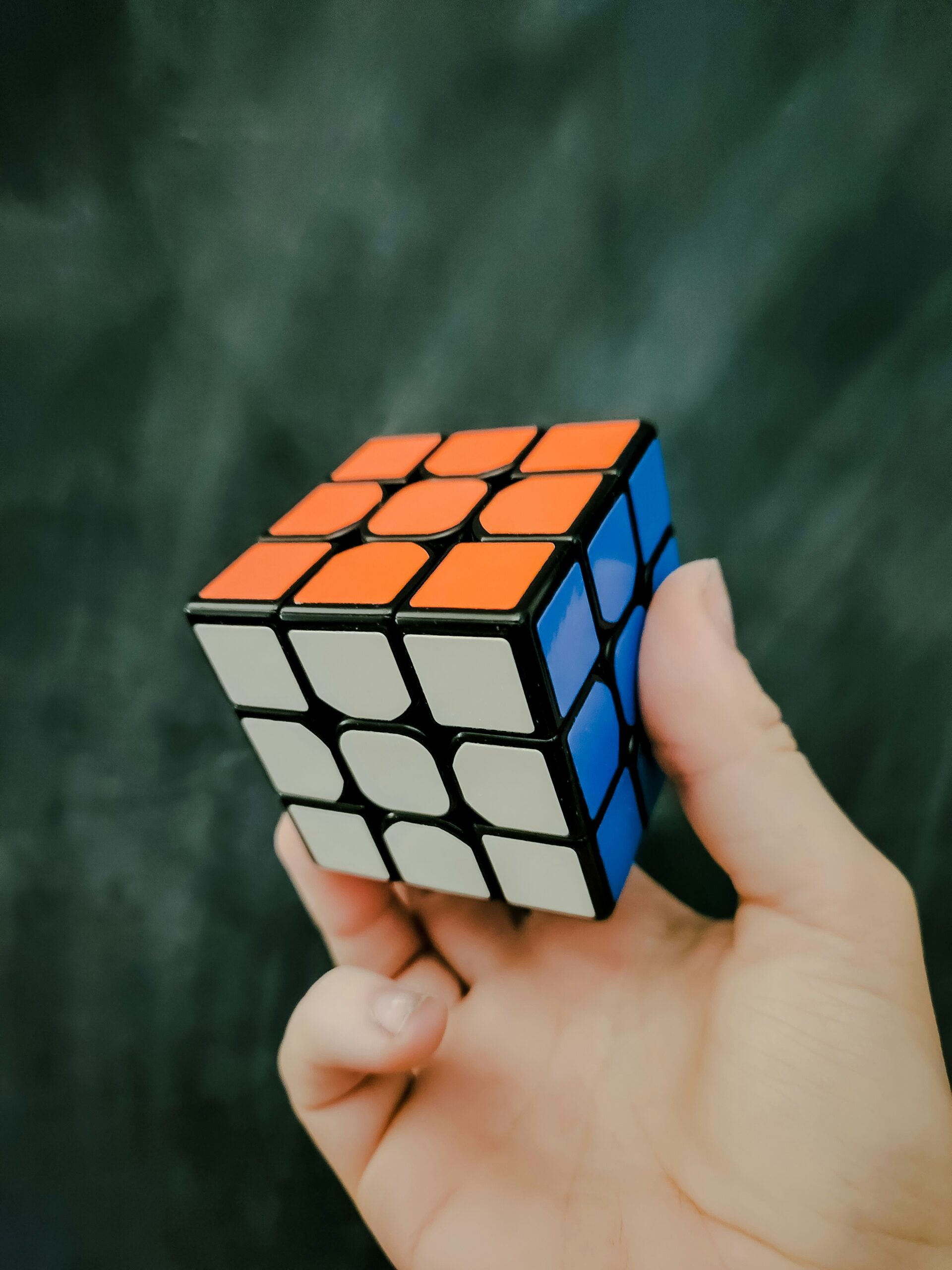
Reading is often considered relaxing or enjoyable, but its benefits go far beyond entertainment. One of the most valuable skills you can gain from reading is improving your problem-solving abilities. Whether diving into a complex novel, a self-help book, or a technical manual, reading can provide insights and tools that help sharpen your thinking and enhance your capacity to tackle challenges. This article explores how reading can directly contribute to your problem-solving skills and how you can use it to approach real-world issues more effectively.
Boosting Critical Thinking and Analytical Abilities
Reading encourages critical thinking by requiring you to engage with the material more deeply. When you read, especially more complex texts, you must analyze the content, assess its validity, and draw connections between ideas. This process of engagement enhances your ability to think critically about problems in your everyday life.
As you read, especially when consuming content that presents arguments, mysteries, or puzzles, your brain works to discern logical structures and detect inconsistencies or patterns. This is the essence of critical thinking, a skill crucial for problem-solving. You’re constantly processing information, weighing different perspectives, and evaluating the outcome, all key elements in solving problems efficiently. Whether assessing a character’s actions in a novel or understanding a scientific principle in a textbook, your analytical skills improve each time you engage with challenging material.
Nurturing Creativity and Innovative Thinking
Another way reading strengthens problem-solving skills is by nurturing creativity. Reading exposes you to different viewpoints, imaginative worlds, and novel scenarios, all of which challenge the boundaries of your imagination. When you read fiction, for instance, you encounter unique problems and innovative solutions, which help expand your thinking beyond conventional solutions.
Through fictional stories or even case studies, you learn to envision creative approaches to overcoming obstacles. This imaginative thinking is crucial when solving problems that don’t have straightforward answers. Whether coming up with a new approach in a work situation or figuring out how to handle a personal dilemma, reading encourages out-of-the-box thinking. The more diverse your reading material, the more creative solutions you can draw upon in your problem-solving endeavors.
Improving Decision-Making and Evaluating Outcomes
Problem-solving often requires making decisions, and reading can play a significant role in honing your decision-making skills. In many narratives, characters face difficult choices, and how they navigate those decisions offers valuable lessons. By observing how individuals weigh their options and consider the consequences of their actions, you learn to improve your decision-making processes in real life.
As you read, you’re exposed to multiple perspectives and outcomes. Whether the text is non-fiction or a fictional narrative, reading helps you learn how to evaluate different choices and predict their potential consequences. This practice for assessing scenarios and considering the best course of action translates directly to problem-solving, especially when you’re under pressure or faced with multiple viable options. Developing a strong sense of decision-making is essential for solving complex problems.
Building Patience and Persistence Through Complex Texts
Problem-solving isn’t always about finding quick answers—it often requires patience and persistence. Reading, particularly more challenging material, helps you cultivate these qualities. When you tackle a difficult book or a dense academic article, you learn to persevere, breaking down the text into manageable parts and slowly working your way through it to understand the broader message.
These same qualities are valuable when addressing real-world problems. Many issues don’t have immediate solutions, and patience and persistence are crucial when working through complex issues. Reading develops these traits, allowing you to approach challenges with a steady mindset. The longer you engage with material that requires deep thinking and reflection, the better equipped you are to handle problems that require time, patience, and careful consideration to resolve.
Strengthening Memory and Focus for Better Problem Solving
Memory and focus are two fundamental cognitive skills required for practical problem-solving, and reading is essential in developing both. When you read significantly longer or more intricate texts, your brain remembers details, characters, arguments, and plot points. This constant exercise helps strengthen your memory and makes it easier to recall key information when problem-solving in other areas of your life.
Reading also improves focus. In our digital age, distractions are everywhere, but reading requires sustained attention, which trains your mind to concentrate. This enhanced focus ability is crucial when working through a problem. The more you practice focusing on the material without being sidetracked, the better you’ll be able to concentrate on the steps required to solve a problem effectively.
Applying Problem-Solving Frameworks Found in Books
Many books, especially self-help and non-fiction titles, are specifically designed to teach problem-solving frameworks or strategies. These books provide practical tools and methods that can be applied to real-life challenges. Whether it’s a time-management technique, a decision-making model, or a conflict-resolution strategy, reading gives you access to a wealth of frameworks that can be used to solve problems more efficiently.
By studying these approaches, you gain new perspectives on how to handle issues. As you encounter different strategies in books, you expand your repertoire of problem-solving techniques, making it easier to adapt and apply the right approach for each unique situation. From business books that teach leadership to psychology books that delve into understanding human behavior, reading provides a toolkit for tackling challenges from multiple angles.